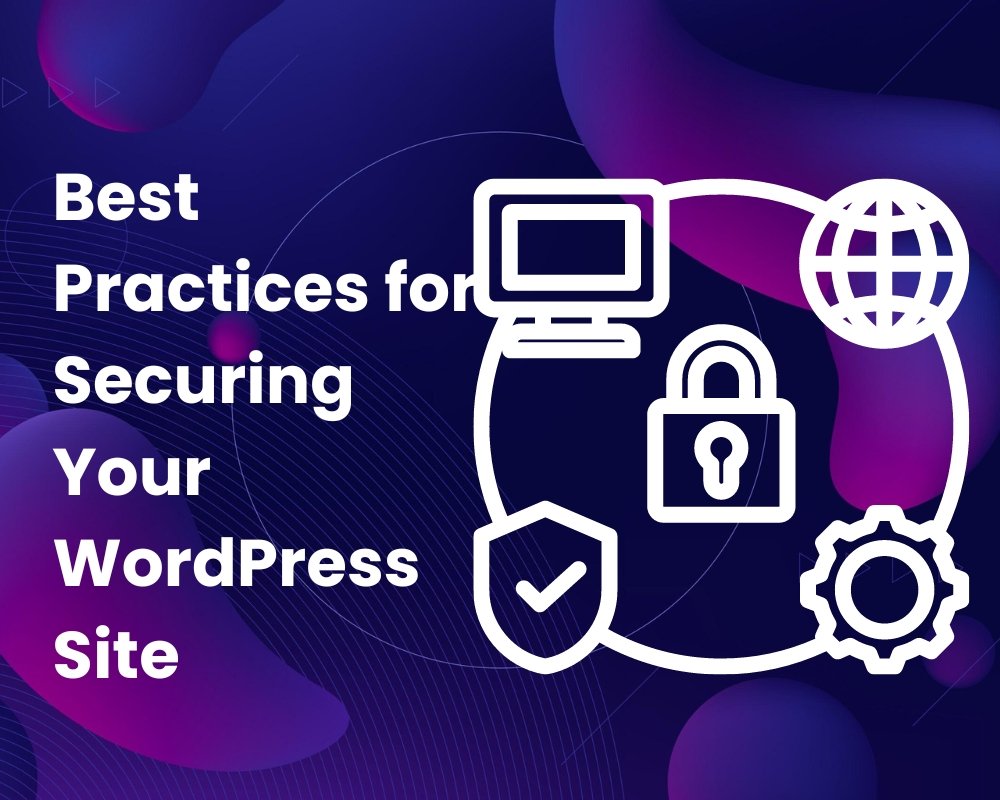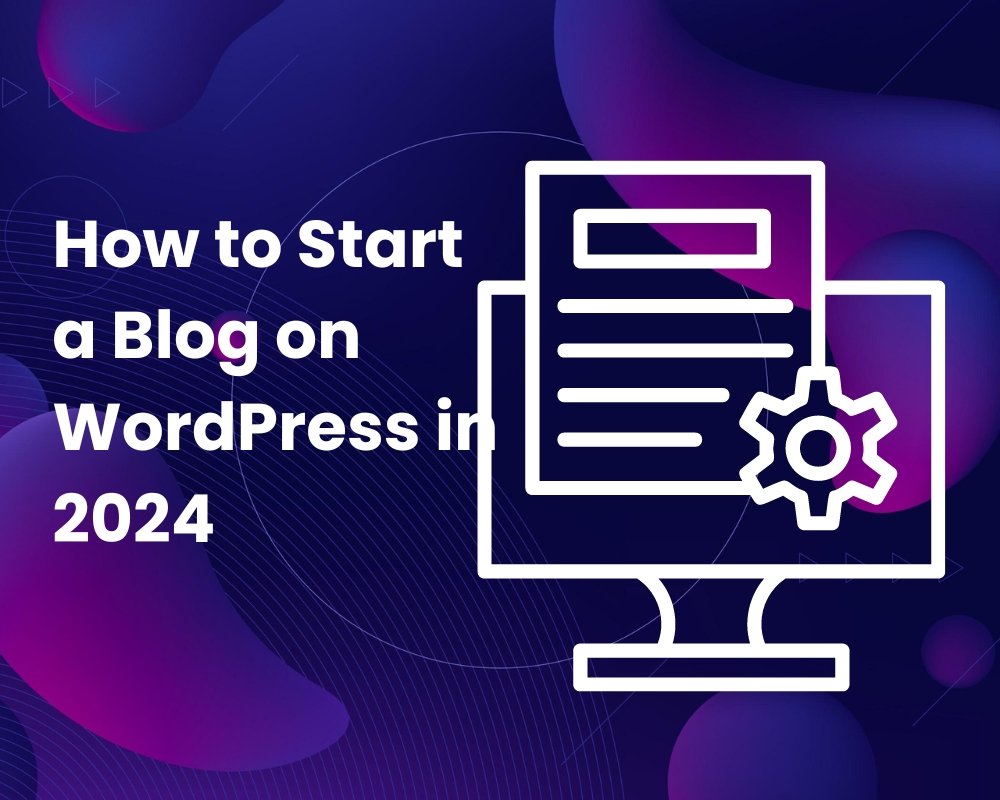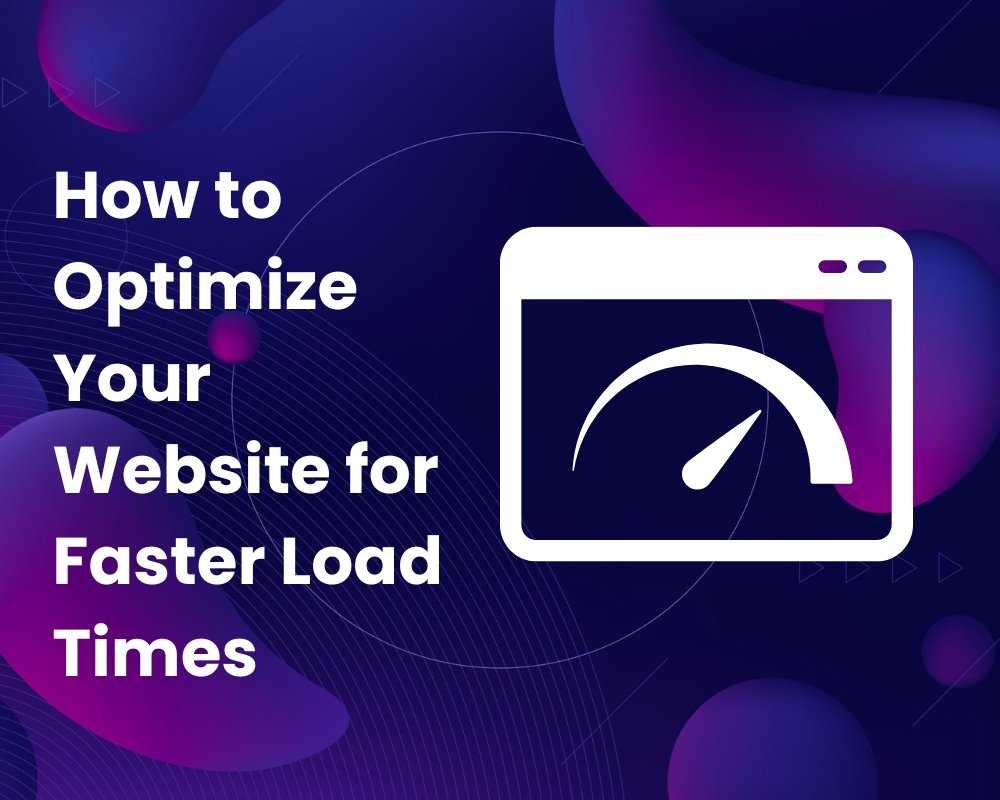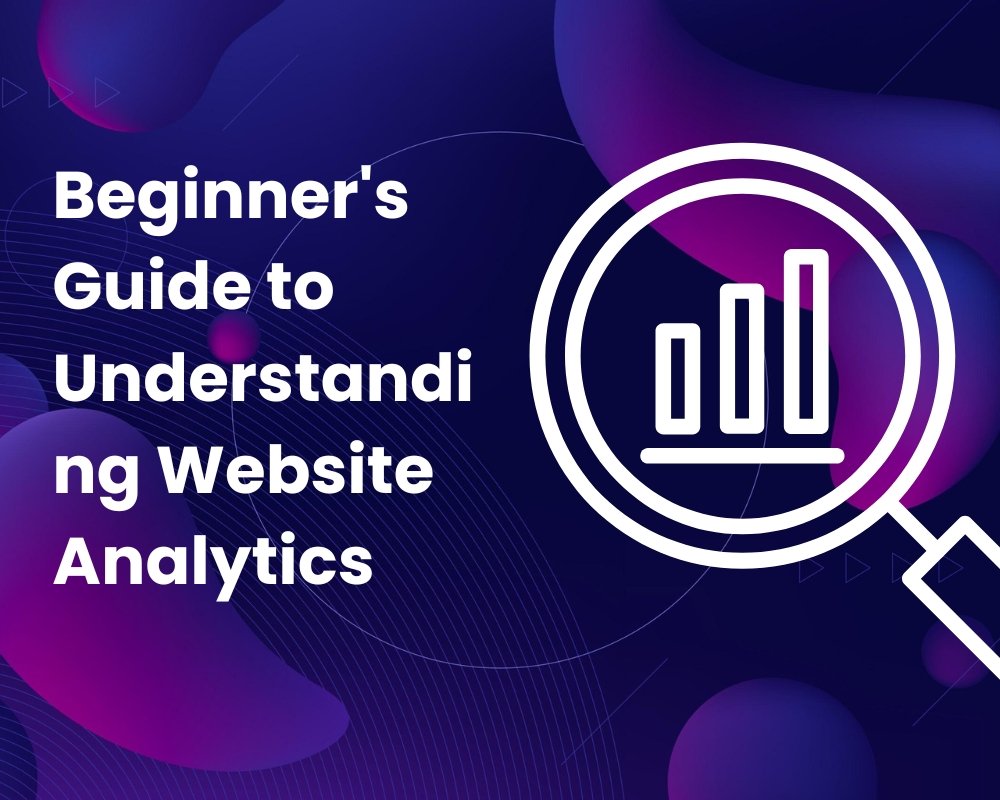Strategies for Monetizing Your WordPress Blog
Need Assistance with Website creation?
Need support in crafting your website? We’re here to help! Our expertise ensures seamless development tailored to your needs.
Latest elementor templates
-
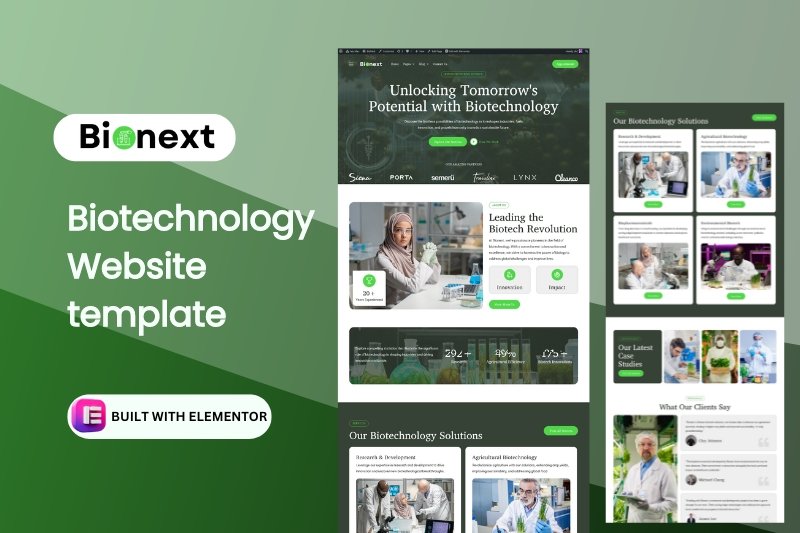 Bionext
Bionext -
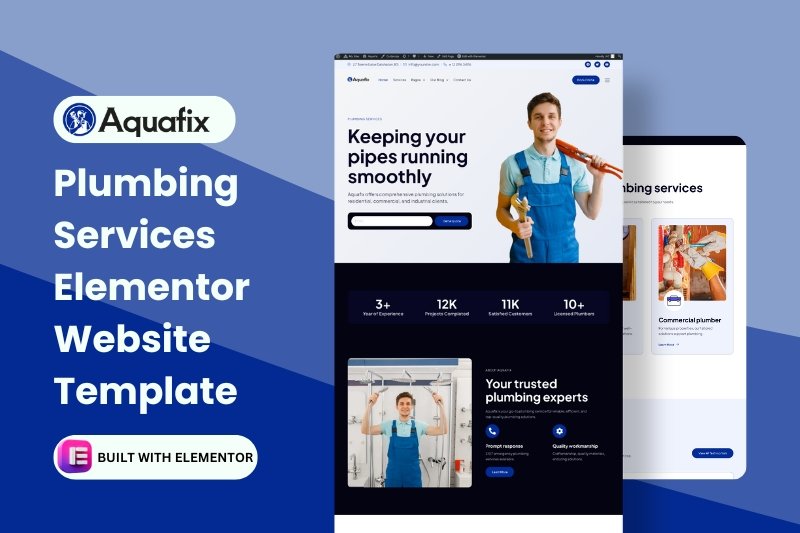 aquafix
aquafixPlumbing Services Elementor website template
Rated 0 out of 5$25.00in Corporate, Business, elementor pro Templates -
 cozyden
cozydenHome Decor Ecommerce website template
Rated 0 out of 5$25.00in elementor pro Templates, Real Estate, Woocommerce -
 cryptx
cryptxBlockchain Startup Elementor website template
Rated 0 out of 5$25.00in Startup, elementor pro Templates, Technology -
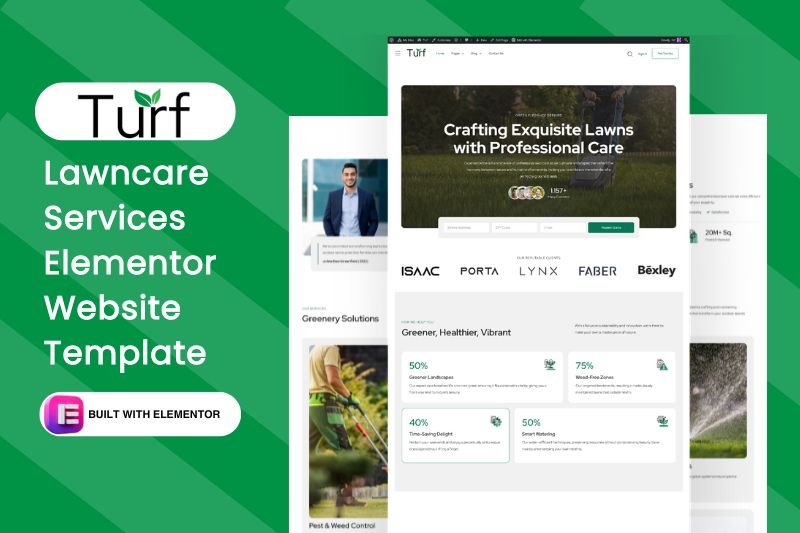 turf
turfLawncare Services Elementor Website Template
Rated 0 out of 5$25.00in Corporate, Business, elementor pro Templates -
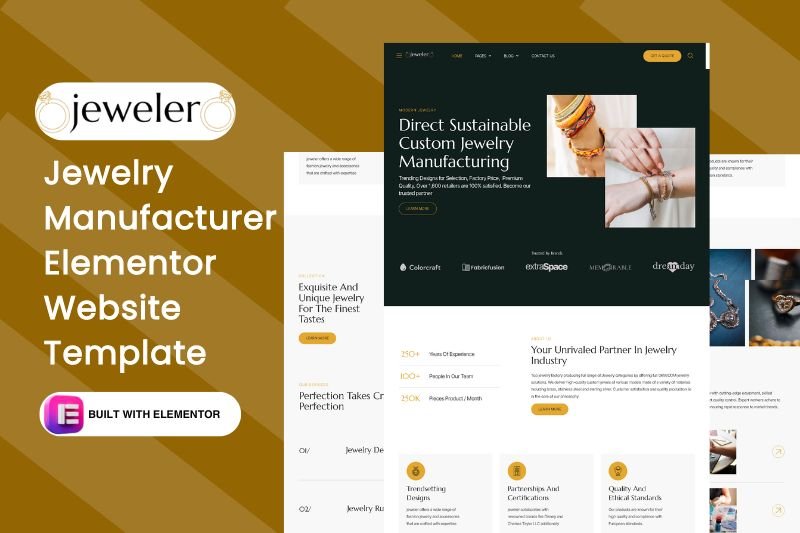 jeweler
jewelerJewelry Manufacturer Elementor Website Template
Rated 0 out of 5$25.00in Business, elementor pro Templates, Retail... -
 lexa
lexaLegal Practitioners Elementor Website Template
Rated 0 out of 5$25.00in Corporate, elementor pro Templates, Miscellaneous -
 construn
construnBuilding Contractors Elementor Website Template
Rated 0 out of 5$25.00in Corporate, elementor pro Templates, Real Estate
Template categories
- Blog/Magazine (16)
- Corporate (161)
- Creative (33)
- Art (9)
- Photography (5)
- Portfolio (19)
- Education (18)
- elementor pro Templates (262)
- Miscellaneous (19)
- Non-profit (3)
- Environmental (0)
- political (1)
- Real Estate (15)
- Restaurants & Cafes (10)
- Retail (80)
- Children (5)
- Fashion (10)
- Food (18)
- Health & Beauty (21)
- Technology (31)
- Woocommerce (46)
Need Assistance with Website creation?
Need support in crafting your website? We’re here to help! Our expertise ensures seamless development tailored to your needs.
Monetizing Your WordPress Blog: Strategies for Generating Income
Running a successful blog takes time, effort, and dedication. Whether you’re a hobbyist blogger or a professional looking to make a living from your WordPress blog, finding ways to generate income is essential. In this article, we’ll explore various strategies for monetizing your WordPress blog and turning your passion into a profitable venture.
1. Display Advertising
One of the most common ways to monetize a blog is through display advertising. By partnering with ad networks such as Google AdSense or Media.net, you can display targeted ads on your blog and earn revenue based on impressions or clicks.
To maximize your earnings, it’s important to optimize your ad placements. Experiment with different ad formats and positions to find what works best for your audience without compromising the user experience. Remember, striking a balance between ad revenue and user satisfaction is crucial for long-term success.
2. Affiliate Marketing
Affiliate marketing is another popular monetization strategy for bloggers. By promoting products or services through affiliate links, you can earn a commission for each sale or referral generated through your blog.
When implementing affiliate marketing on your WordPress blog, it’s important to choose products or services that align with your niche and audience. Promote only those products you genuinely believe in, as trust and authenticity are crucial for building a loyal readership.
To maximize your affiliate earnings, consider creating in-depth product reviews, tutorials, or comparison articles that provide value to your readers while subtly promoting the affiliate products.
3. Sponsored Content
Sponsored content involves partnering with brands or businesses to create and publish content that promotes their products or services. This can include sponsored blog posts, sponsored social media posts, or sponsored reviews.
When considering sponsored content opportunities, it’s important to maintain transparency with your audience. Clearly label sponsored posts as such to maintain trust and credibility. Additionally, choose sponsored opportunities that align with your blog’s niche and audience to ensure relevance and authenticity.
4. Digital Products
If you have expertise in a particular area or have created valuable resources related to your blog’s niche, consider selling digital products. This can include e-books, online courses, templates, or premium content.
Creating and selling digital products not only allows you to generate income but also positions you as an authority in your niche. Leverage your blog’s content and expertise to create valuable resources that solve your audience’s problems or provide them with actionable insights.
5. Membership or Subscription Model
If you consistently produce high-quality, exclusive content, you may consider implementing a membership or subscription model on your WordPress blog. This allows you to offer premium content or additional perks to paying members.
When implementing a membership or subscription model, it’s important to strike a balance between free and premium content. Provide enough value to entice users to become paying members while still offering valuable free content to attract new visitors and maintain a strong readership base.
6. Sponsored Events or Workshops
Another way to monetize your WordPress blog is by hosting sponsored events or workshops. If you have a dedicated following and expertise in your niche, consider organizing live events, webinars, or workshops and partner with brands or businesses to sponsor them.
Sponsored events not only provide an additional income stream but also allow you to connect with your audience on a more personal level. It’s a win-win situation, as brands gain exposure to your audience, and you generate income while providing valuable educational or networking opportunities.
Conclusion
Monetizing your WordPress blog requires careful planning, experimentation, and a deep understanding of your audience. By implementing a combination of display advertising, affiliate marketing, sponsored content, selling digital products, offering memberships, and hosting sponsored events or workshops, you can generate income while providing value to your readers.
Remember, building a successful and sustainable income from your blog takes time and effort. Focus on creating high-quality content, nurturing your audience, and continuously exploring new monetization strategies to maximize your earnings and turn your WordPress blog into a profitable venture.
SHARE:

